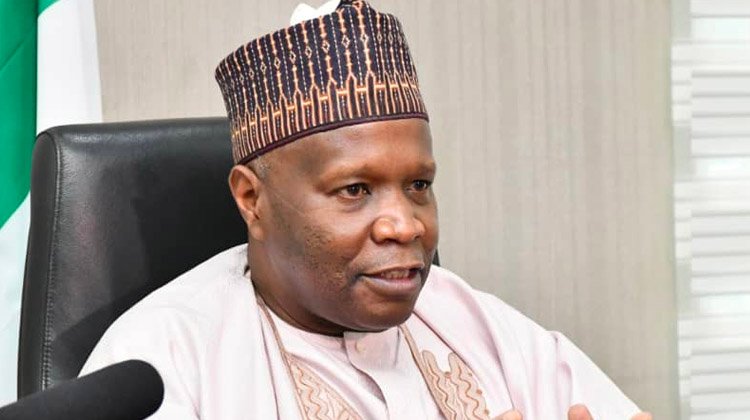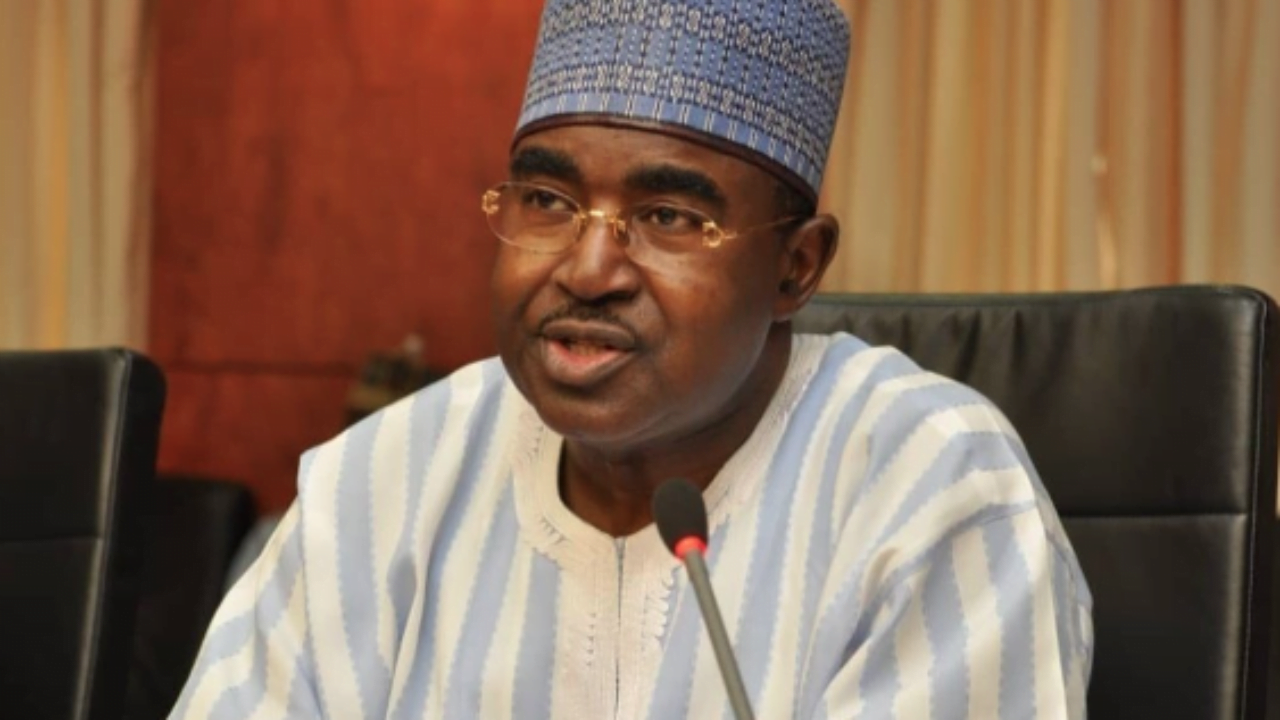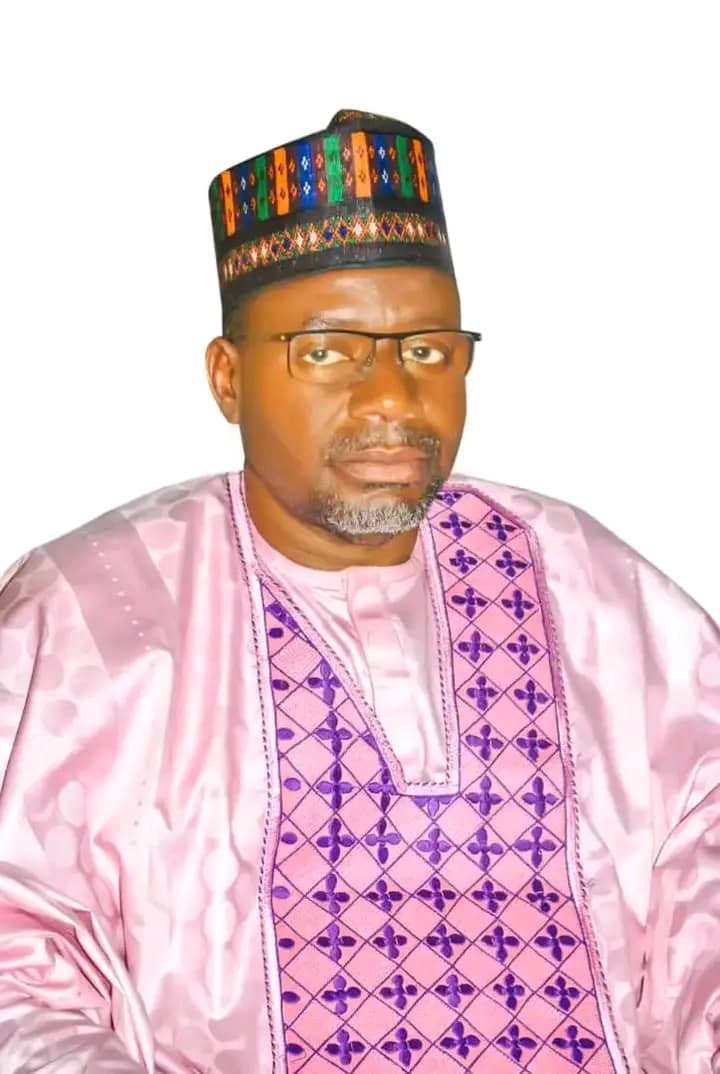A Mental Health expert, Prof. Badru Fatai, has described the high prevalence of drug abuse among youths in Nigeria as a threat to the society and economic development of the nation.
Fatai, also a Professor of Nursing at the College of Medicine, University of Lagos, made the observation in an interview with the News Agency of Nigeria (NAN) on Tuesday in Lagos.
He decried the increasing wave of drug abuse among the nation’s youths.
He said that drug abuse was harmful to health and could ruin the future of youths and the nation.
According to him, all hands must be on deck to tackle the menace in order to save the youths and sustain the nation’s development, saying that youths are the future of a nation.
Fatai identified lizard faeces, nail polish, fuel and stench from the toilet soak away as some of the substances that were being abused by the youths.
“Youths, students and young Nigerians abuse various prescriptions of drugs such as codeine and tramadol.
“Others are alcohol and marijuana due to peer pressure with an intention to get ‘high’ or temporarily forget about their worries.
“Unfortunately, substance abuse among young people have left them with depression, high level of suicide, all forms of crimes and other mental health problems, which invariably impedes progress and development of the society,’’ he said.
He explained that majority of the people involved in substance abuse were unemployed youths, who contribute nothing to the Gross Domestic Product (GDP) of the country.
He lamented that over 40 per cent of Nigerian youths were involved in drug abuse, which was not a good development.
He underscored the need for youths to understand the dangers associated with drug and substance abuse so that they would abstain from it.
He said that most youths were exposed to drug abuse right from the secondary schools, adding that the trend must stop.
He, therefore, called for collaboration among all the stakeholders, including government and non-governmental organisations, parents and schools in the fight against the scourge.
According to him, drug abuse can only be stopped by using a multi-dimensional approach.
“If we say that youths are leaders of tomorrow, all hands must therefore be on deck to tackle the menace of drug abuse.
“The security agents and government at all levels must step up the war against drug abuse.
“There should be full implementation of campaigns against drug abuse in secondary schools across the states and it must be included as a subject in school curriculum,’’ he said. (NAN)























